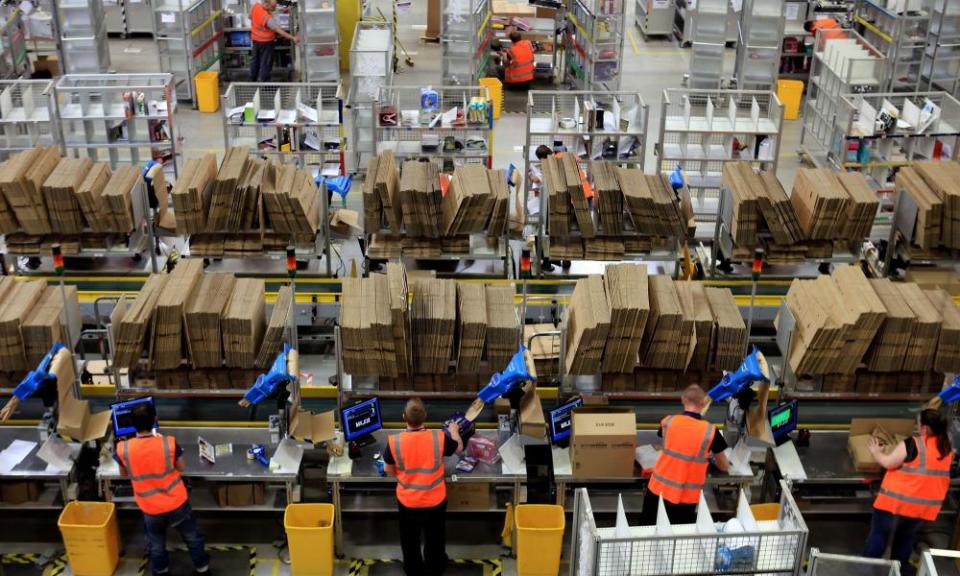UK employment is up – it’s just a shame the workers are so miserable

We hear it again and again - politicians boasting about “more people in work than ever before”. At the same time we hear about a woman having a baby in the Sports Direct toilet because of a culture of fear at the company, BHS workers losing their pensions, Carillion construction workers left without work and even a DPD parcel delivery driver, Don Lane, collapsing and dying after being fined £125 for going to a doctors appointment.
The gig economy has become synonymous with worker exploitation. Cases are lining up – from Pimlico Plumbers to university lecturers – the news is not one of jubilance but of desperation. So what does the headline employment statistic published this week, telling us that employment remains at near record levels, really indicate? Is it a sign that the economy is indeed doing well?
The new report from the Centre for Labour and Social Studies (Class), which looks beyond headline figures to provide a grassroots perspective, finds that workers are in a bad way. This hardship isn’t just confined to those on zero-hour contracts, or even those on low incomes. Over a third of all workers state that they do not earn enough to keep up with the cost of living, and this is true even for three in 10 of those earning over £40,000. After a decade of poor wage growth, a huge majority still do not see a light at the end of the tunnel, with only one in five believing they’ll get an inflation or inflation-beating pay rise this year. About 20% of households have taken on a second job to boost incomes, and a further 20% have tried or contemplated it.
It’s no surprise, then, that only one in four workers thinks the economy works for them. The labour market is taking its toll on our mental health. According to Class’s survey, over half of workers have noticed an increase in stress and workload over the past 12 months. In one interview we were told that half of mental health workers are themselves reporting mental health problems and feelings of failure. It’s a bitter irony.
We must take measures of wellbeing, workplace stress and perceived job security much more seriously
These findings are a stark reminder of just how inadequate the way in which we measure economic success is. There’s been a growing chorus of people that argue against the use of GDP, but the fact our top-line employment figures fail to capture an accurate picture as well is surely a sign that we need a broad overhaul of how success or failure is captured in statistics. We must start to take subjective measures such as indicators of wellbeing, workplace stress and perceived job security much more seriously.
Consumer confidence indicators are used to gauge macroeconomic conditions, but measures of confidence in the economy shouldn’t simply be about how much people are willing to consume. Measures and targets focus minds, and currently we have very little that directs our politicians to run our economy in a way that prioritises people, or indeed the planet, over profit. Ultimately recoupling the economy to workers’ livelihoods and quality of life will take more than a new measure. We found that the long-term impacts of privatisation and more recently austerity have made many workplaces a hotbed of stress. Undoing this means giving workers more power and ending the cuts.
And we need to start listening. When things don’t add up you don’t just keep plugging in the same numbers, and shouting about success. The economy may well be doing well by traditional measures, but these measures simply fail to reflect the reality of people’s lives. The chancellor, Philip Hammond, and others can continue to repeat the stats, but in doing so they are alienating millions of people while looking increasingly detached and delusional.
• Faiza Shaheen is the director of the Centre of Labour and Social Studies

 Yahoo News
Yahoo News 